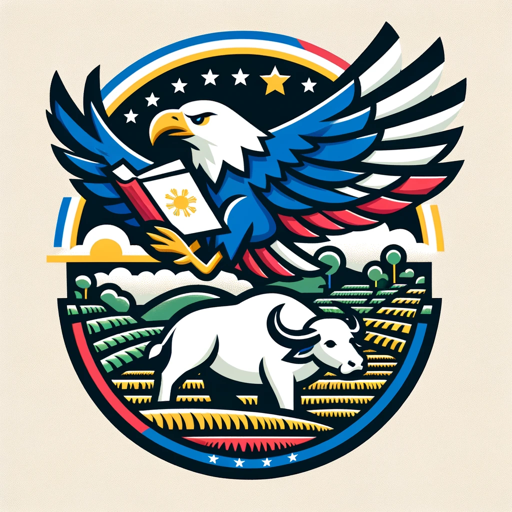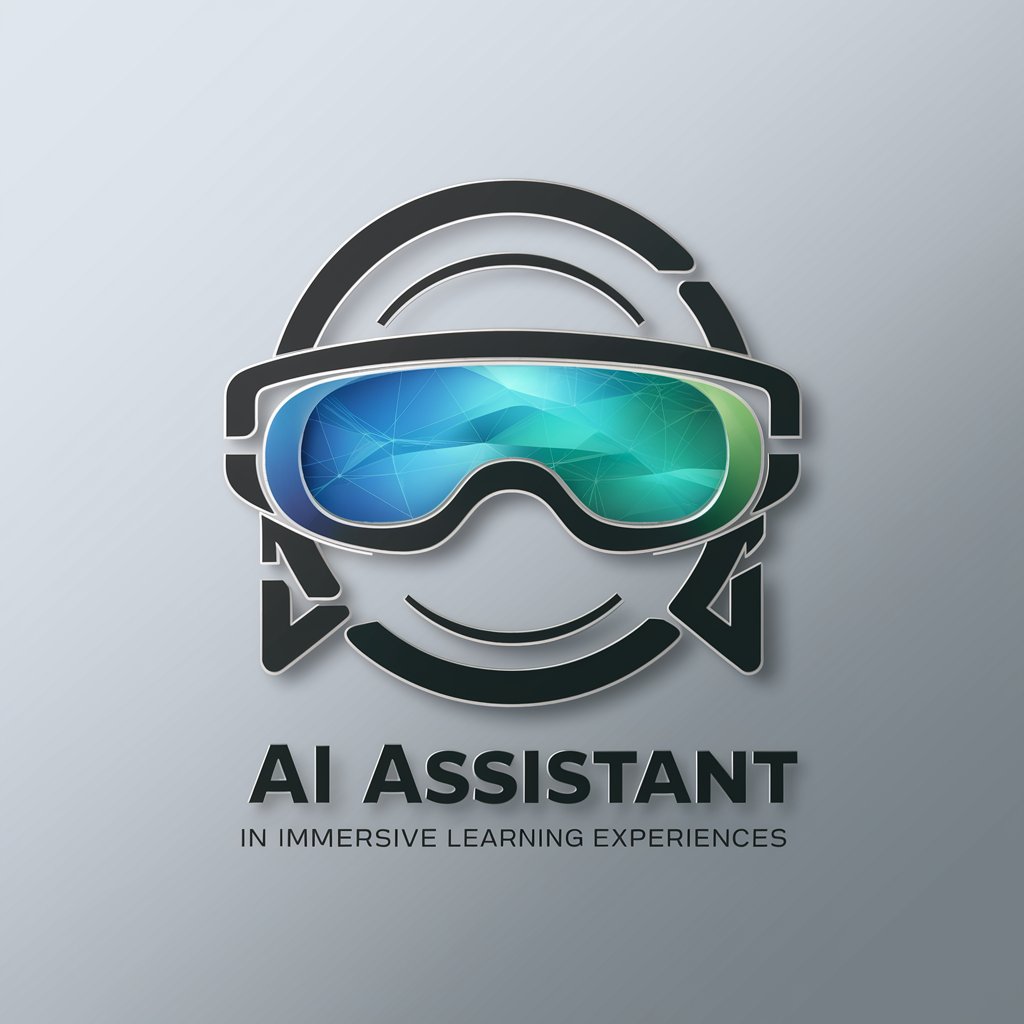4 GPTs for Virtual Trips Powered by AI for Free of 2025
AI GPTs for Virtual Trips are advanced generative pre-trained transformers designed to simulate travel experiences through digital means. These AI tools employ natural language processing and machine learning to generate immersive, interactive journeys for users, enabling exploration of global destinations virtually. By integrating detailed data, cultural insights, and realistic scenarios, they offer tailored virtual travel experiences, making them relevant for both leisure and educational purposes. Their adaptability in simulating environments and scenarios specific to various locations worldwide showcases the role of GPTs in providing innovative solutions in the travel and tourism sector.
Top 4 GPTs for Virtual Trips are: Pinoy Pal,Junior Explorer,🌿 EcoWise Educator Buddy 📘,XR for Education
Distinct Capabilities and Features
AI GPTs for Virtual Trips stand out with their unique adaptability and multifunctional capabilities, tailored for an immersive virtual travel experience. Key features include dynamic itinerary planning based on user preferences, interactive learning modules for language and cultural insights, realistic simulation of destinations through descriptive storytelling, and technical support for integrating virtual reality (VR) enhancements. Special features such as web searching for real-time information, image creation for visualizing destinations, and data analysis for personalized recommendations distinguish these tools in the virtual travel domain.
Intended Users of Virtual Trip Tools
The primary users of AI GPTs for Virtual Trips include travel enthusiasts seeking immersive exploration experiences, educators and students leveraging virtual trips for learning, and professionals in the travel and tourism industry looking for innovative presentation tools. These AI tools are designed to be accessible to individuals without programming skills, offering user-friendly interfaces, while also providing advanced customization options for developers and tech-savvy users to tailor experiences further.
Try Our other AI GPTs tools for Free
Fake Analysis
Discover how AI GPTs for Fake Analysis empower users to detect and analyze false information with advanced, user-friendly tools designed for authenticity verification.
AI Crawler
Discover AI GPT tools for AI Crawler, designed for efficient web crawling and data extraction. Tailored for various levels of expertise, these tools streamline data analysis and web research.
Rating Filter
Discover AI GPTs for Rating Filter, the ultimate AI-driven solution for managing content ratings. Tailored for diverse platforms, these tools ensure compliance, enhance moderation, and provide key insights.
Interest Measurement
Discover how AI GPTs for Interest Measurement can transform your engagement strategies with real-time insights into consumer interests and trends.
QA Enhancement
Discover AI GPTs for QA Enhancement: tailored solutions designed to refine question-answering systems with accuracy and context-awareness, suitable for a wide range of users.
Skill Tailoring
Discover how AI GPTs for Skill Tailoring revolutionize personalized learning and problem-solving with adaptable, user-friendly solutions across various domains.
Extended Insights on AI GPTs for Virtual Exploration
AI GPTs for Virtual Trips are at the forefront of digital travel innovation, offering scalable solutions across various sectors. Their user-friendly interfaces make virtual travel accessible to a broad audience, while the potential for system integration opens new avenues for businesses in the travel and education sectors. These tools not only simulate travel experiences but also foster global understanding and learning, showcasing the transformative impact of AI in bridging physical distances.
Frequently Asked Questions
What exactly are AI GPTs for Virtual Trips?
AI GPTs for Virtual Trips are artificial intelligence tools designed to create immersive, virtual travel experiences using natural language processing and machine learning technologies.
Can AI GPTs simulate any global destination?
Yes, these tools can simulate virtually any destination worldwide, offering detailed cultural, historical, and geographical insights to enhance the virtual travel experience.
Do I need technical skills to use these tools?
No, these tools are designed for ease of use by the general public, requiring no technical skills for basic functions, though programming knowledge can enhance customization.
How do AI GPTs for Virtual Trips enhance learning?
They provide interactive modules for language learning, cultural understanding, and historical education, making them valuable educational resources.
Can these tools integrate with VR technology?
Yes, they are capable of integrating with VR technology to provide a more immersive and realistic virtual travel experience.
Are these tools accessible for users with disabilities?
Many AI GPTs for Virtual Trips are designed with accessibility features to ensure users with disabilities can enjoy a comprehensive virtual travel experience.
How personalized can a virtual trip be?
These tools offer high levels of personalization, from itinerary planning to destination simulation, based on user preferences and interests.
What future advancements can be expected?
Future advancements may include more realistic simulations through advanced AI and VR, deeper personalization, and enhanced interactive features for education and entertainment.



